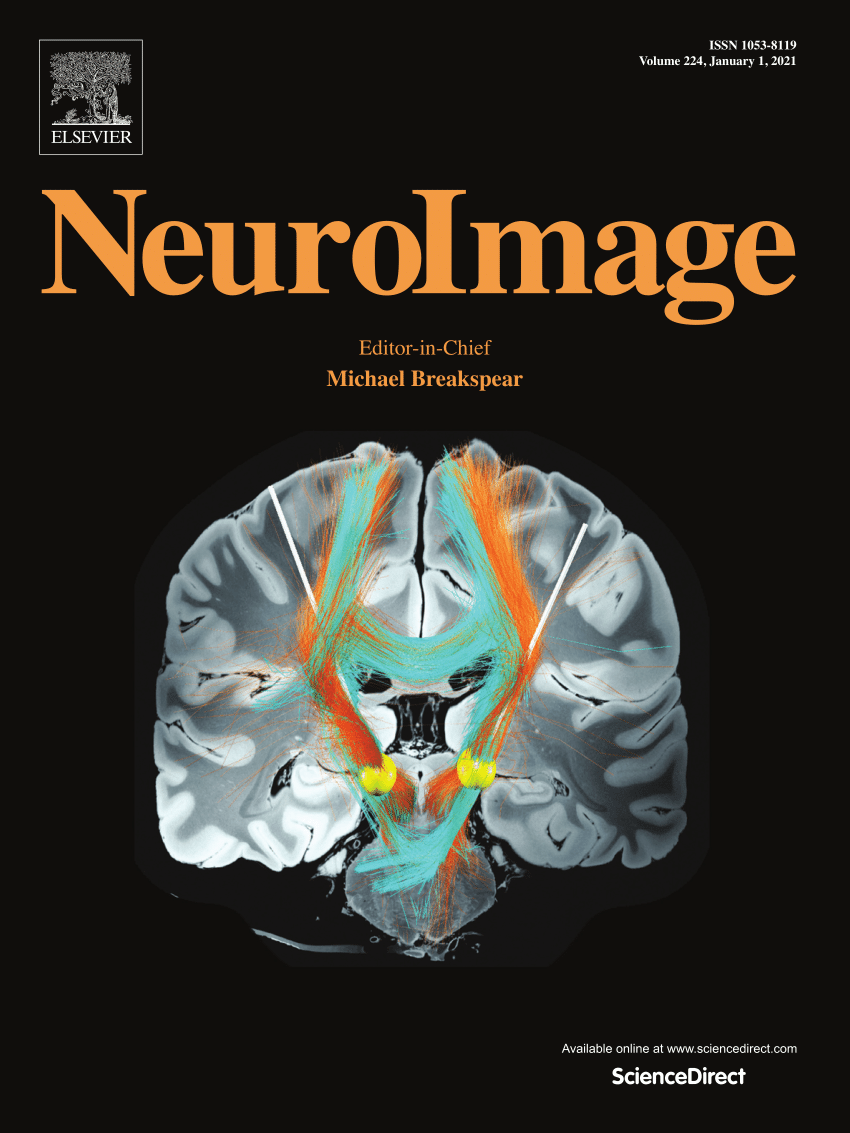The impact of trust violations on emotional conflict control
IF 4.5
2区 医学
Q1 NEUROIMAGING
引用次数: 0
Abstract
Effectively controlling emotional conflicts is important for both social adjustment and mental health. Previous research has indicated that trust violations heightened negative cognitive biases and impaired cognitive control under moderate to high cognitive loads. However, the impact of trust violations on emotional conflict control remains unclear. This study aims to investigate how trust violations affect emotional conflict control in both intrapersonal (utilizing the emotional Stroop paradigm in Experiment 1) and interpersonal contexts (employing the cued Ultimatum game in Experiment 2). One hundred participants performed conflict control tasks with ERPs recorded (56 for Experiment 1 and 44 for Experiment 2). In Experiment 1, trust violations impaired conflict control when negative stimuli served as targets, reflected in longer RTs in the angry incongruent condition for the violation group compared to the control group. They also impaired conflict resolution when negative stimuli served as distractors, reflected in reduced slow potential (SP) amplitudes in the happy incongruent condition for the violation group compared to the control group. In Experiment 2, trust violations impaired conflict resolution in threatening interactions, reflected in reduced SP amplitudes when resolving conflicts between happy expressions and unfair proposals, and heightened negative bias in interpreting interpersonal cues, as indicated by larger P3 amplitudes for untrustworthy and angry faces. Overall, trust violations undermine emotional conflict control in both intrapersonal and interpersonal contexts, with the impairment particularly evident at the conflict resolution stage. In intrapersonal contexts, they disrupted conflict resolution when negative stimuli acted as distractors, and in interpersonal contexts, they impaired resolution in threatening interactions.
信任违背对情绪冲突控制的影响。
有效控制情绪冲突对社会适应和心理健康都很重要。以往的研究表明,在中高认知负荷下,信任违背会加剧负性认知偏差,损害认知控制。然而,信任违背对情绪冲突控制的影响尚不清楚。本研究旨在探讨在人际关系情境(实验1采用情感Stroop范式)和人际关系情境(实验2采用暗示最后通牒游戏)下,信任违背对情绪冲突控制的影响。100名参与者执行冲突控制任务并记录erp(实验1 56人,实验2 44人)。在实验1中,以负性刺激为目标时,违反信任行为损害了冲突控制,在愤怒不一致条件下,违反信任行为组的反应时间比对照组长。当负面刺激作为干扰物时,他们也会削弱冲突解决能力,这反映在与对照组相比,违规组在快乐不一致条件下的慢电位(SP)振幅降低。在实验2中,信任违反损害了威胁性互动中的冲突解决,体现在解决快乐表情和不公平提议之间的冲突时的SP波幅降低,以及在解释人际线索时的负性偏见增强,体现在不值得信任和愤怒的脸的P3波幅较大。总体而言,在人际关系和人际关系中,信任违反都会破坏情绪冲突控制,在冲突解决阶段尤为明显。在人际环境中,当负面刺激作为干扰物时,它们破坏了冲突的解决;在人际环境中,它们损害了威胁互动中的解决。
本文章由计算机程序翻译,如有差异,请以英文原文为准。
求助全文
约1分钟内获得全文
求助全文
来源期刊

NeuroImage
医学-核医学
CiteScore
11.30
自引率
10.50%
发文量
809
审稿时长
63 days
期刊介绍:
NeuroImage, a Journal of Brain Function provides a vehicle for communicating important advances in acquiring, analyzing, and modelling neuroimaging data and in applying these techniques to the study of structure-function and brain-behavior relationships. Though the emphasis is on the macroscopic level of human brain organization, meso-and microscopic neuroimaging across all species will be considered if informative for understanding the aforementioned relationships.
 求助内容:
求助内容: 应助结果提醒方式:
应助结果提醒方式:


